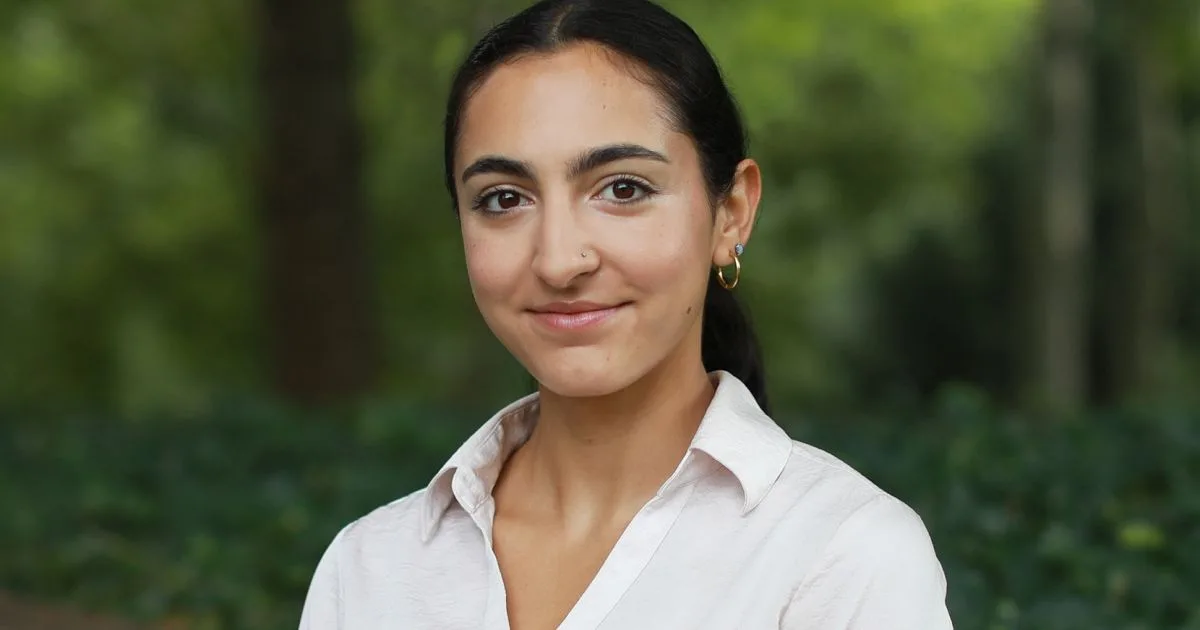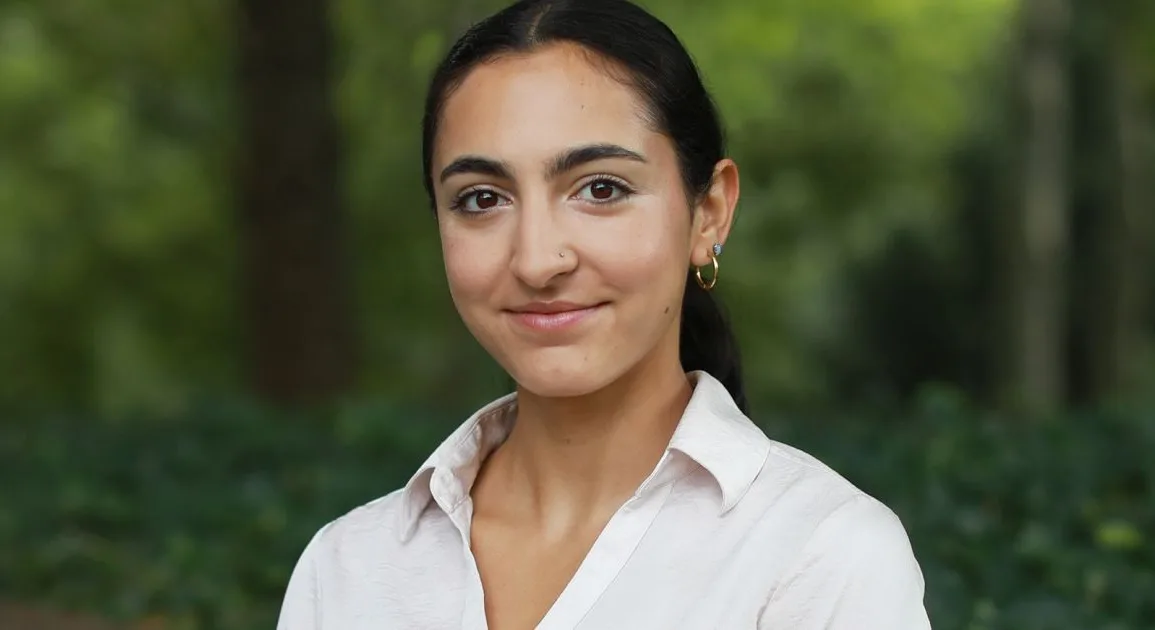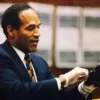
For Indira Rajkumar, who will start her first year of studies at the University of Virginia School of Law this month, it all began with a high school Netflix binge.
At age 16, Rajkumar watched the documentary “13th,” which opened her eyes to the impact of mass incarceration on Black Americans, setting her on the intellectual and career path she would follow after college, into law school and possibly beyond.
“It’s about how the 13th Amendment, which banned slavery, has a loophole that says ‘except as punishment for a crime,’” said Rajkumar, who hails from Bethesda, Maryland. After slavery ended, Black Americans faced a new form of oppression — incarceration and long sentences, sometimes over seemingly minor offenses. “It shows how present-day mass incarceration is deeply connected to slavery and the segregation and racism that followed. And that stuck with me.”
She chose to pursue her undergraduate degree at the University of Chicago, a school renowned for its focus on economics and quantitative analysis, intending to major in economics. Her interest in economics waned, though, when she spent much of her sophomore year leading a volunteer creative writing workshop at the Cook County Jail and the Illinois Youth Center.
“Every week, I worked with people who were directly impacted by our harmful legal system,” which pulled her further towards pursuing systemic reform of the criminal legal as a career, she said.
During a summer internship at the Public Defender Service for the District of Columbia, she saw what it can look like when the criminal justice system emphasizes mass rehabilitation over mass incarceration. Shortly before she started, D.C.’s Incarceration Reduction Amendment Act went into effect, allowing incarcerated adults who were sentenced to life in prison as juveniles, and had served a minimum of 15 years, to move for resentencing and release, Rajkumar said.
“It was really inspiring because the legislation was based on neuroscience research that shows that juveniles rehabilitate as their brains mature,” Rajkumar said. “This new legislation recognized that, and it got people out of prison. The law was like a ray of sunshine in the punitive system I had learned about.”
At the start of her junior year, she switched her major to public policy with a specialization in sociology, which opened up a world of classes on criminal justice reform and crime policy. The D.C. experience provided the spark for her senior thesis, which earned her graduating honors in the public policy program.
“I had to know how this progressive legislation came to exist in such an oppressive criminal legal system and I had to know how it is changing people’s lives,” Rajkumar said. “I was fascinated by that, so that’s what I wrote my thesis about.”
Shortly after graduation, Rajkumar headed to New York to get practical training in the criminal justice system. During her interview for a paralegal position at the Federal Defenders of New York in Brooklyn, the interviewer explained that she would be working with clients on federal death row as part of the Capital Appellate Project. Many of the clients were traumatized by the isolation of solitary confinement and by a rapid wave of 13 federal executions across the country as the Trump administration wound down.
Much of her job would be to serve as “emotional life support” for the clients.
“In the interview, they said, ‘Yes, this is a paralegal position, but the job also involves being these guys’ support system. And we know that’s personally very demanding, which is why you need to figure out if you want the job,’” Rajkumar said.
On the emotional side of the equation, Rajkumar “tried to make their time in prison more bearable,” by doing things like sending clients psychology books and news articles, helping them obtain art supplies to make beaded jewelry and paint, and answering their calls at any time of day or night.
“A lot of the job was just picking up the phone when they call, chatting with them and making them smile,” Rajkumar said. “Cracking a joke that they’ll laugh at — that could be the only time they laugh that day and it’s because they called me. It’s a really interesting relationship and it’s a really sweet one.”
The other part of the job gave her, as a paralegal, substantive legal experience that some early-stage law firm associates never get. She worked directly with one client to put together a 70-page memo organizing and outlining the evidence pointing to his innocence. The memo will be used in his habeas challenges to his convictions.
The end product was invaluable both as an investigative tool and also to the client. “For him, there was a sense of justice in getting it out of his head and on paper,” Rajkumar said. “He is happy that it exists and to see in the record thoughts that have persisted for the past 15 years.”
Although she thrived in her role at the Capital Appellate Project, she questioned whether she can stomach doing capital work as a career — at least in a system where there’s little possibility of release.
“You’re fighting for this person’s life,” she said. “At its core, that idea of ‘victory’ being my clients dying in prison is just hard for me.”
Through law school, she may choose to apply her economic and policy training to criminal justice reform, although appellate work is still a possibility.
“While I love working directly with clients, I would rather be in a position where the work I’m doing could benefit many people,” she said. “Appellate work, which can set precedent, is one way of creating long-term ‘policy,’ for lack of a better word. But I think that whatever can get me in a room where I am working to create lasting change for a large group of people who are affected by the criminal legal system — that’s where I want to be.”



